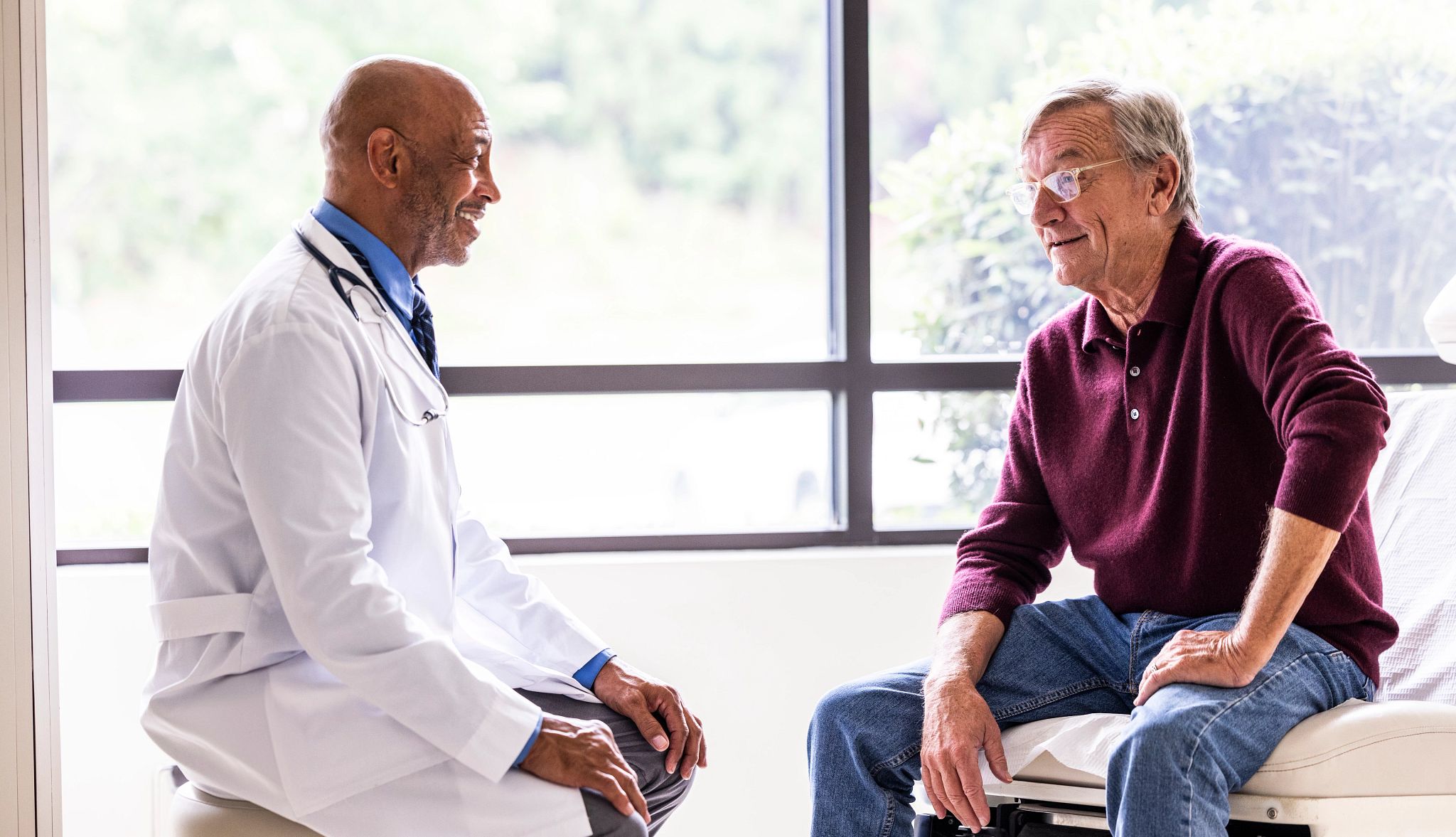AARP Hearing Center


At least 1.1 million people in the United States are living with Parkinson’s disease. It’s the second-most-common neurodegenerative disease after Alzheimer’s disease, with estimates that 90,000 people are diagnosed with Parkinson’s disease each year.
Age is the most common risk factor, with the average age of onset around age 60. Understandably, older adults, who are most affected by the disease, are on the lookout for possible signs of the condition.
Most of us can recognize some signs of Parkinson’s disease, such as tremor and trouble walking. Yet, 25 percent of people with Parkinson's may never develop a tremor, research shows. Other, early-stage symptoms can appear a decade or more before the disease presents in more obvious physical forms. And they are often mistaken for something else — including normal aging.
Common problems among older adults, such as trouble sleeping, constipation, muscle stiffness and increased anxiety and depression, are related to early-stage Parkinson’s. Experiencing them doesn’t mean you have Parkinson’s disease, but they are worth discussing with your doctor, especially if you have several of them at the same time.
“The early signs are normally not problems that bring anybody to the doctor,” says Dr. Michele Tagliati, director of the division of movement disorders and vice chair of the department of neurology at Cedars-Sinai Medical Center. But there is increasing awareness of early signs, he says.
That’s a good thing because it means that people are coming into offices like his to be evaluated earlier. Though there is no cure for Parkinson’s, medications can treat some of the symptoms, lifestyle changes can help manage the disease and an early diagnosis can ease planning. Plus, an early diagnosis allows people to participate in research that is exploring ways to prevent or delay disease progression.
Here are eight things to look for.
1. Acting out your dreams
Physically acting out dreams, punching kicking or yelling while sleeping, is known as REM sleep behavior disorder. It can be an early warning sign of Parkinson’s. “We are supposed to be completely still and paralyzed” during sleep, Tagliati says, but for someone with Parkinson’s, the “mechanism in the brain that oversees this phase of sleep is somewhat defective.”
One sign of this problem is falling out of bed. If you live with someone, they might see or hear you acting out your dreams or jumping out of bed suddenly. If you live alone, you may wake up with twisted sheets or jar yourself awake yelling, says Dr. Camilla Kilbane, a neurologist and movement disorder specialist at University Hospitals Cleveland Medical Center.








































































More From AARP
AARP Staying Sharp
Visit AARP® Staying Sharp® to learn more about the six pillars of brain health
Caregiving Tips for Parkinson’s Support
Experts share ways to support a loved one whose needs will change over timeNew Test Identifies Parkinson’s Early
Researchers say it’s able to identify the disease before onset of symptoms